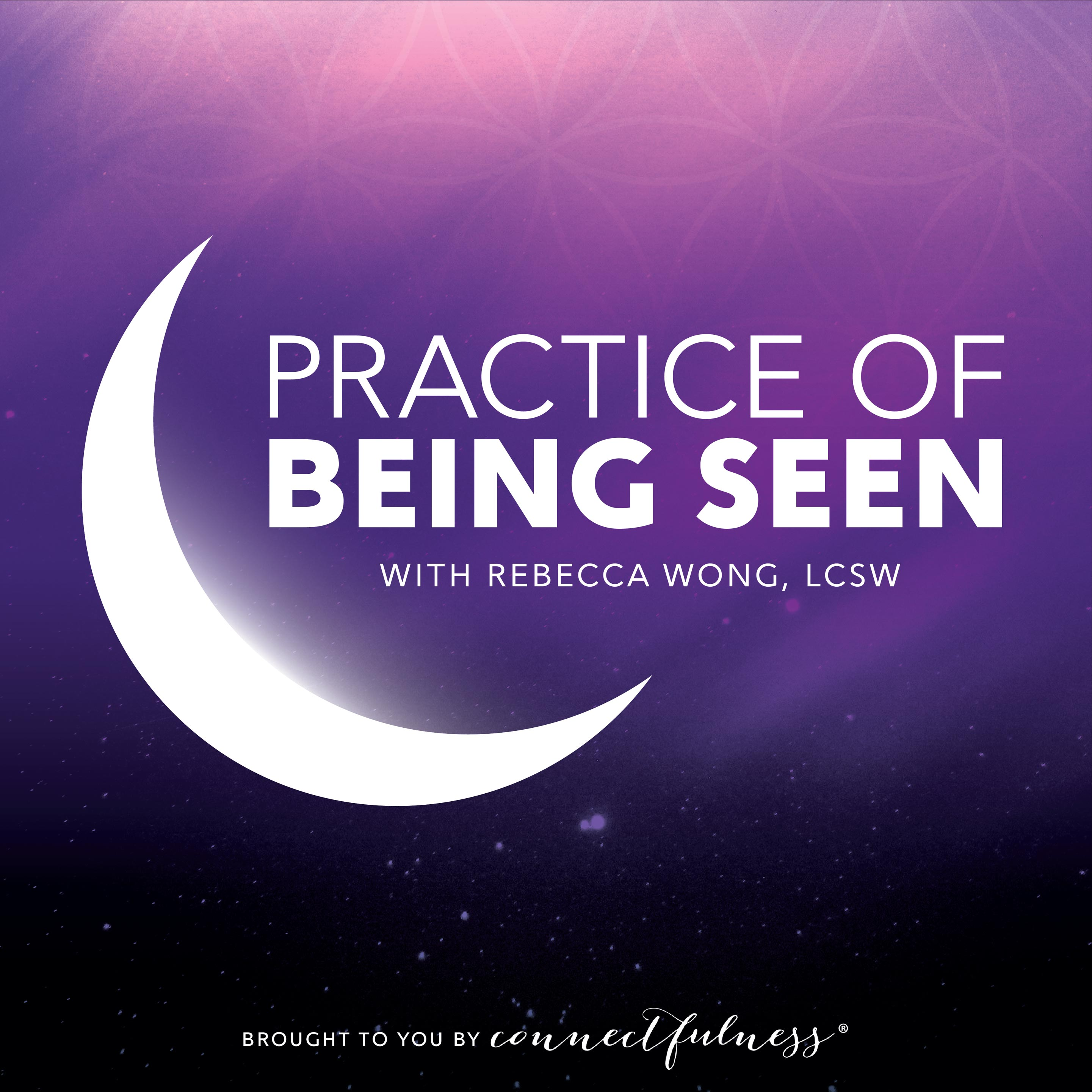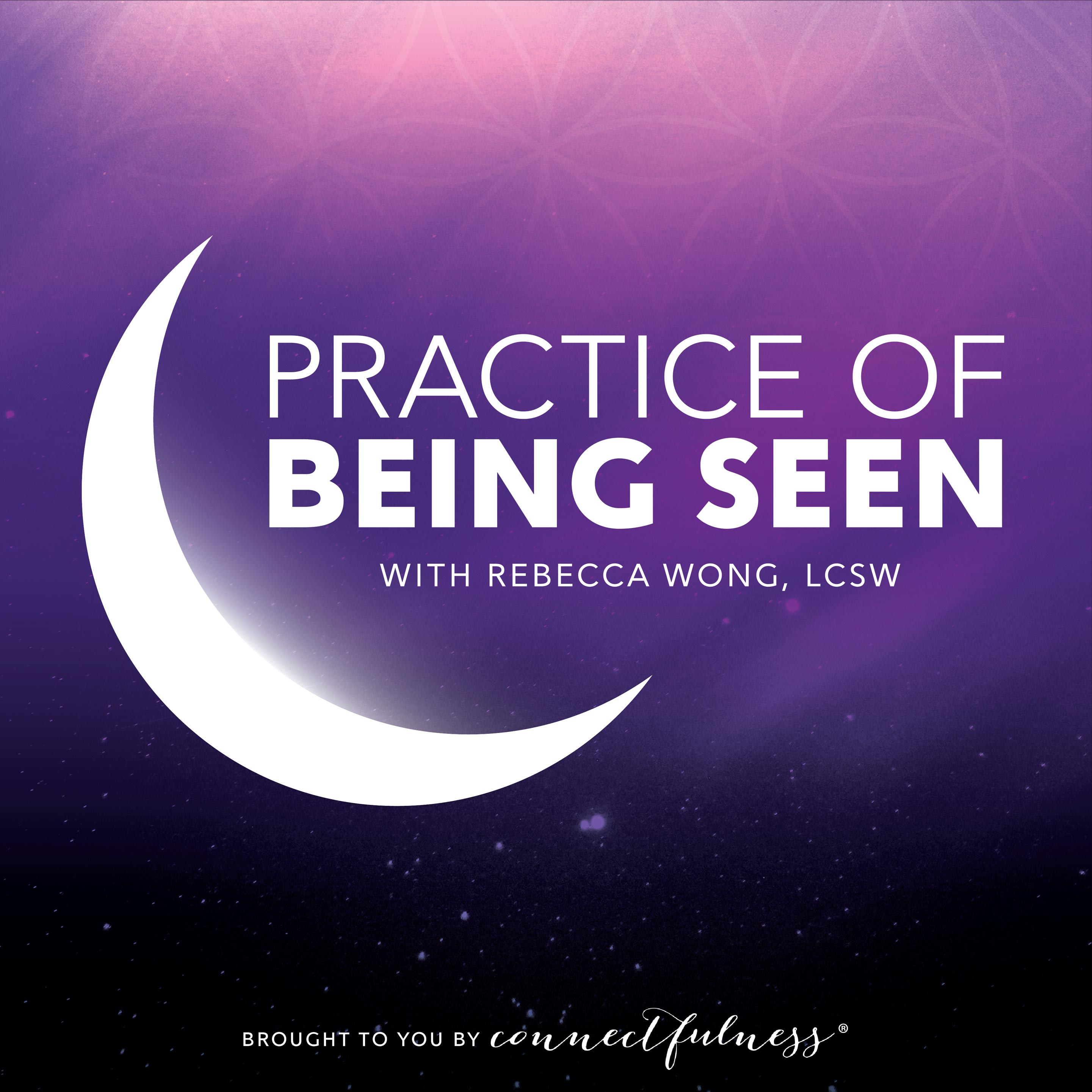Tiffany McLain: Being in Integrity with Your Finances
Money as a conversation piece is as taboo as sex. It’s as difficult to discuss as racism. We simply just don’t go there very well. And, it’s not really our fault. We generally aren’t taught how to have a healthy relationship with money. We don’t have good (or any) mentorship around it in our careers and we certainly don’t bring money into conversations within the clinical space. There’s something about money that brings up all the shame and fear. And yet, it is as necessary to our modern day survival as water and shelter.
So, why is it so hard to go there? And how are we held back or not showing up as our full selves when we don’t acknowledge money’s role in our lives and confront the fears that come with it? Can we sit with our narratives and determine whether they’re serving us? Can we accept others’ feelings toward us when we succeed or fail?
These are all the things we’re leaning into today on Episode 42 on the #POBScast, as I chat with Tiffany McLain of HeyTiffany.com. In addition to her therapy private practice, she helps other therapists work through their money scripts and fears to reach or exceed their measures of success, while also highlighting that dealing with our inner and outward money stuff is a measure of our own personal growth.
In this episode, we talk about:
- Narratives and experiences around using sliding scale fees, and how sliding scales can change the dynamics and power differentials in the therapy room.
- When we or our clients feel that we have to perform to someone else’s expectation or the ways that we may feel we’ve underperformed as a result of insufficient boundaries or conversations around money.
- How the conversation of sliding scales and power dynamics invites us to talk about privilege, poverty, insecurity, not-enoughness, and our good feelings around helping.
- The dichotomy of differentiating between your worth and the value of the work, while also acknowledging that it is your humanity that you also bring into the room with you.
- The importance of surrounding yourself with people that support your financial growth, rather than reinforce your shame stories.
- The unique challenges of the upwardly-mobile.
- Being bold in our work and fee structure, but also boldly open to feedback and the things we need to learn.
- Money as energy, as well as money affecting energetic demands on us.
- Giving back without sacrificing our livelihoods as professional helpers.
- Comparisonitis, and whether or not to be transparent with others about our money goals.
- The repercussions of our success and tolerating others’ feelings toward us.
- Financial growth as a measure of our own personal growth, as we deal with the questions and emotions that get stirred up with it.
Find Tiffany McLain online at HeyTiffany.com, and be sure to sign up for her Therapist’s Guide to Raising Fees (Guilt-Free) freebie.
When we create more space (financially-based or otherwise) in our businesses, we are able to take better care of ourselves. If this is something you’re interested in diving deeper into, I invite you to consider joining me for my inaugural Connectfulness Method Mentorship Program. And, full disclosure: I’ve decided to eliminate the time-sensitive Early Bird pricing and simply make the Early Bird rate the official package rate. Because faux urgency feels manipulative to me and this price feels nourishing.


